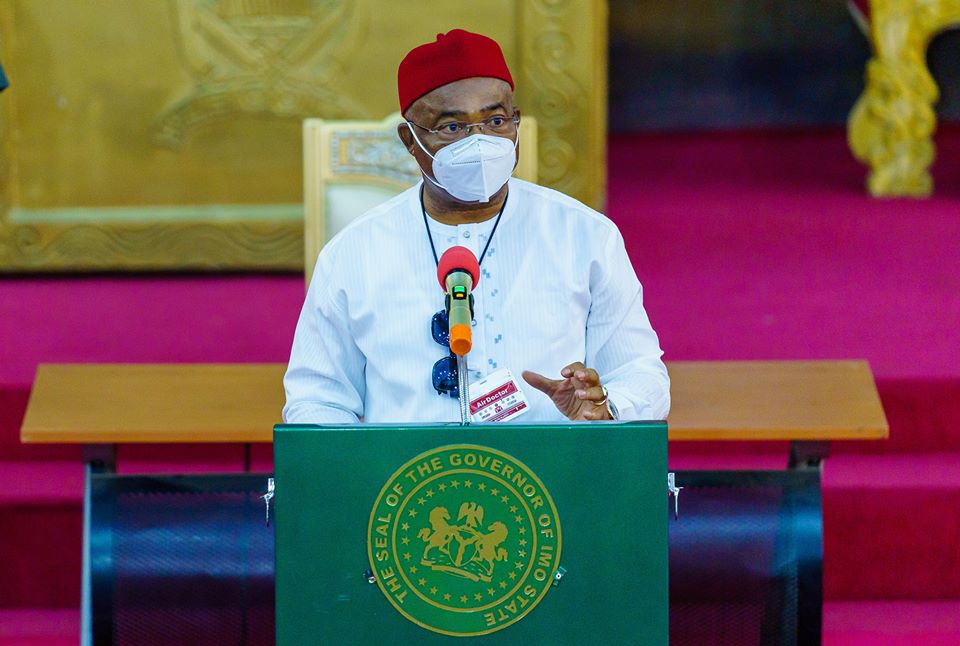The Nigerian House of Representatives has urged the Central Bank of Nigeria (CBN) to accelerate the withdrawal of old naira notes in the N200, N500, and N1,000 denominations and intensify the circulation of newly designed notes. This appeal comes as the December 31, 2024, Supreme Court deadline for the old notes to cease being legal tender approaches.
During Thursday’s plenary session, the motion was sponsored by Victor Ogene, representing Ogbaru Federal Constituency in Anambra State. Ogene highlighted the difficulties Nigerians faced when the redesigned naira notes were initially introduced in December 2022, leading to widespread hardship as people struggled to access the new currency. He emphasized the need for the CBN to avoid a repeat of the chaotic currency swap experienced in early 2023 by implementing a gradual withdrawal process for the old notes.
“The N200, N500, and N1,000 notes will no longer be valid for transactions as of January 1, 2025,” Ogene noted, urging the CBN to launch an awareness campaign so Nigerians can prepare for the transition. He criticized the central bank’s lack of readiness, pointing out that there has been little sign of public sensitization with just over two months left before the deadline.
The House resolution advised the CBN to instruct commercial banks to stop disbursing the old notes and begin a phased withdrawal in coordination with the release of the new notes. The motion also stressed the importance of public awareness, calling for the CBN to use jingles, social media campaigns, television, and radio announcements to ensure citizens understand the changes before the deadline.
With the House now referring the motion to its Committee on Banking Regulations for further review, lawmakers hope to push the CBN into action. They warn that failing to handle the transition smoothly could lead to another crisis as Nigerians adjust to the new currency. This proactive approach aims to streamline the currency shift, supporting smoother economic transactions nationwide.






2 Comments